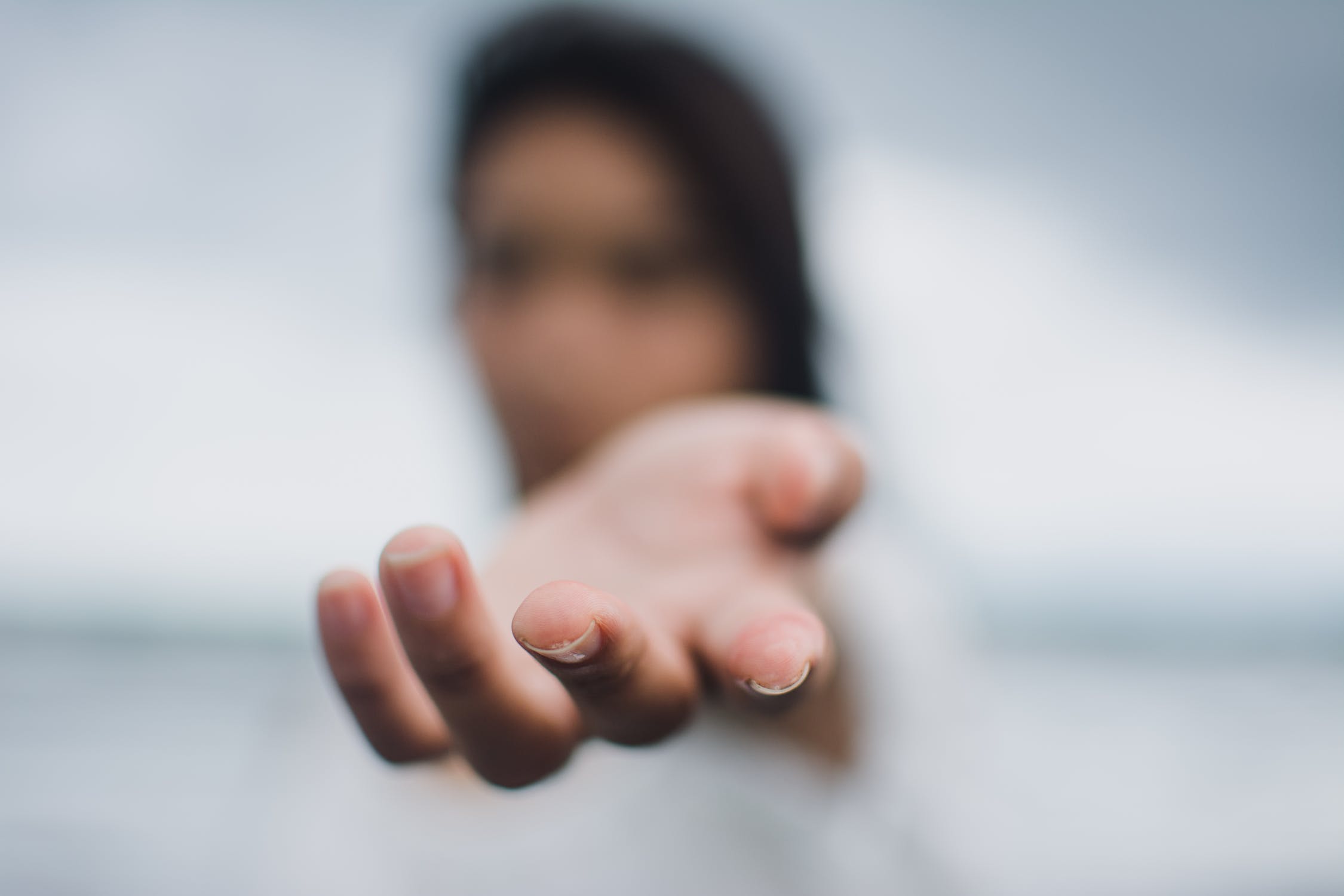
The COVID-19 pandemic has altered life as we know it. Businesses shut down, people staying in their homes, and paper products are nowhere to be found. Everyone has been affected by this global event in one way or another, but people who are recovering from drug and alcohol addictions may be having the most difficult time.
If you have a loved one who is in recovery, it’s important to understand how the COVID-19 pandemic is affecting them. Recovering addicts need support now more than ever, especially from their family and close friends. Fortunately, there are many ways that you can help a recovering addict maintain their sobriety, even if you can’t see them in-person.
The Challenges of Sobriety During COVID-19
COVID-19 has changed the course of daily life, and people in recovery are now up against a new, very unfamiliar normal. Those sudden adjustments can be very challenging, and the stress associated with change can make it difficult to maintain sobriety. Here are some of the biggest obstacles that people in recovery are facing during the coronavirus era:
Group meetings are online
During recovery, group meetings are a safe haven for many individuals in recovery. Group meetings allow recovering addicts to come together with other people who share a similar experience. Not only do group meetings help people in recovery get through hard times, but it allows them to have a social life without spending time around people who could jeopardize their sobriety.
However, COVID-19 has forced group meetings to move online. Although the benefits of peer support are still there virtually, the lack of connection is changing the experience. The connection of peer support is what makes group meetings so powerful. Attending a group meeting on the computer just doesn’t have the same effect.
Detox centers are closing
Many recovering opioid addicts visit methadone and buprenorphine clinics every day to prevent themselves from using drugs like heroin. Due to most businesses temporarily closing, that means people who use those services are no longer able to. The same goes for any type of detox center that provides essential treatment for recovering addicts.
The closure of detox centers and clinics is putting recovering addicts at a high risk of relapsing. Additionally, the stress of not being able to get treatment could make them more likely to overdose on harmful substances. Some states are loosening the rules around the distribution of methadone and other treatments during COVID-19, but most addicts are forced to go without for the time being.
Isolation impacts mental health
During the COVID-19 pandemic, every single person is experiencing mental health struggles to some degree. There is a great deal of uncertainty right now, and people are worried about what is to come. For people in recovery who already struggle with their mental health, this period of time is only making their condition worse.
Addiction is viewed as a disease of isolation. When you’re unable to safely leave your home and enjoy the activities that keep you healthy and happy, addictions and mental health disorders often become much worse. Right now, people in recovery are in isolation with their thoughts. If those thoughts are negative or harmful, the risk of self-medication, relapsing, and even contemplating suicide is much higher than it would be under normal circumstances.
It’s also important to note that some recovering addicts are at a greater risk of contracting COVID-19. Individuals who have a history of abusing drugs and alcohol tend to have weaker immune systems than people who haven’t struggled with addiction. The stress of trying to stay healthy, coupled with the change in routine, can make it difficult for recovering addicts to stay committed to their sobriety and wellbeing right now.
Helping Your Loved One in Recovery
If you have a loved one who is in recovery during the COVID-19 pandemic, it can be scary to think about the risks they face. But even if you’re not living together, there are plenty of ways that you can support your loved one during this time. Simply letting them know that you’re there for them can improve their mindset.
If you’re living separately from a person in recovery, make sure to stay connected to them throughout the week, or even daily. Phone calls, video chats and text check-ins are a great way to keep in touch. Ask them how they’re doing, offer to bring them groceries or run an errand, and find ways to laugh together. Try to have lighthearted conversations that aren’t focused solely on COVID-19 or their sobriety.
If you’re living with someone in recovery right now, you have the benefit of providing in-person support, which can go a long way. Find opportunities to safely get out of the house and enjoy some time outside. Staying active will help your loved one feel better mentally and physically, and feel less isolated. Even if you spend time with the person every day, it’s still important to check-in and ask how they are coping.
Above all else, one of the best things you can do for a loved one in recovery is to make sure they are taking advantage of the tools and resources available to them. If their group meeting is holding online sessions, encourage them to attend. If they rely on methadone to treat their opioid addiction, see if they can get an an-home supply if their normal clinic is closed. Instead of forging treatment during this time, help your loved one stay motivated to maintain their sobriety.
Addiction Treatment at Mission Harbor
At Mission Harbor Behavioral Health, we treat individuals with substance abuse disorders and mental health conditions. At our outpatient center in Santa Barbara, we provide individual and group therapy, personalized treatment models, and flexible programming schedules. We offer partial hospitation, intensive outpatient, evening and after-school programs to meet the specific needs of every client.
Our treatment center is temporarily closed during the COVID-19 pandemic. If you or a loved one is seeking treatment during this time, we are open for telehealth therapy services. Call us at 805-209-4433 to speak with a member of our clinical team about virtual addiction recovery at Mission Harbor.




